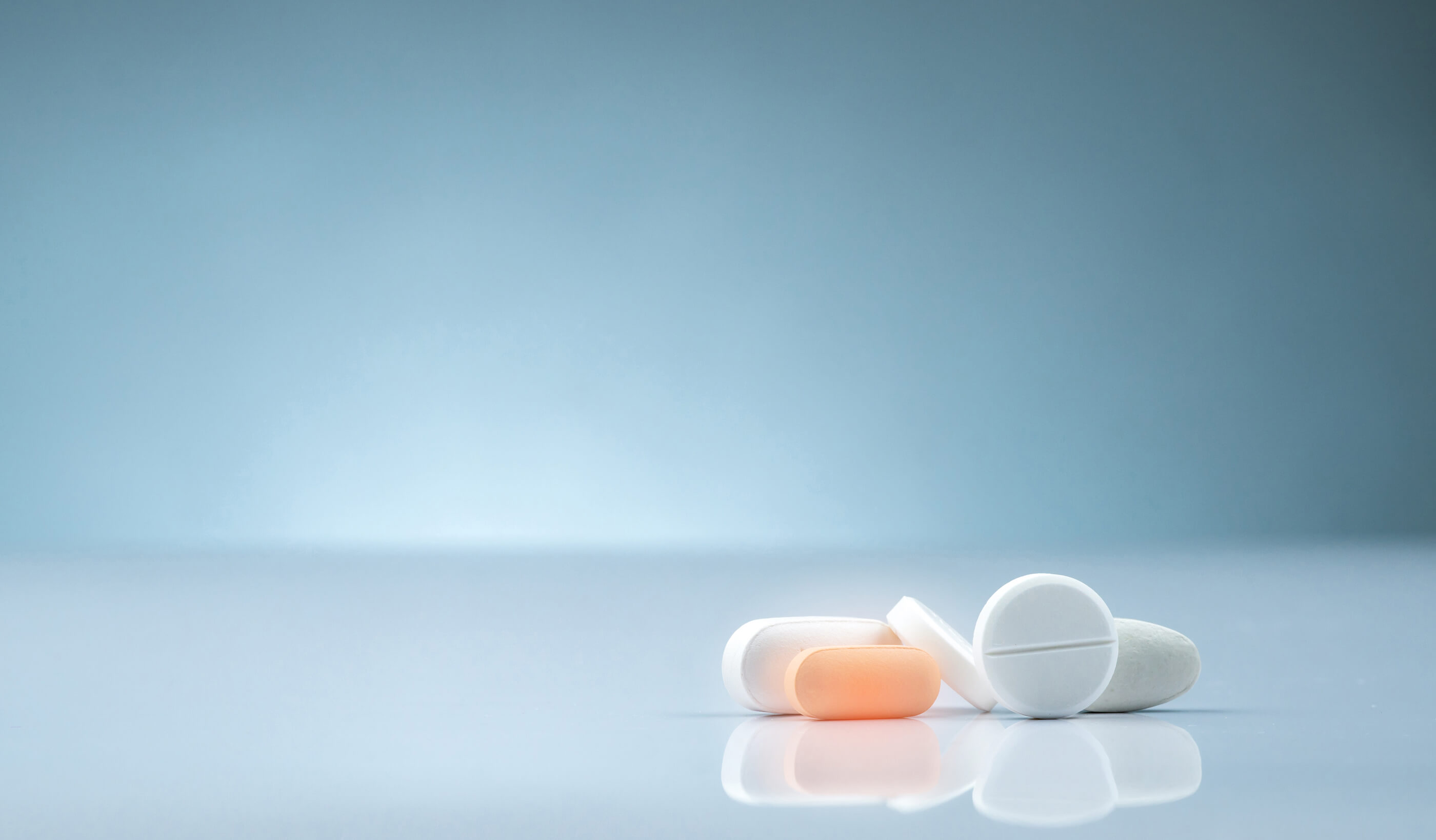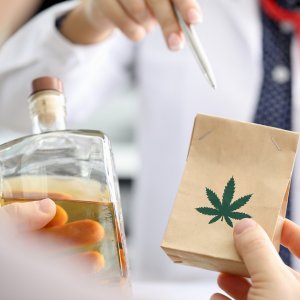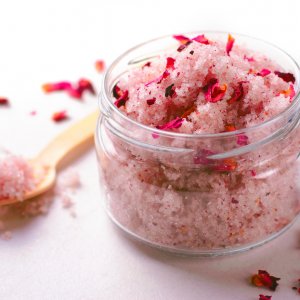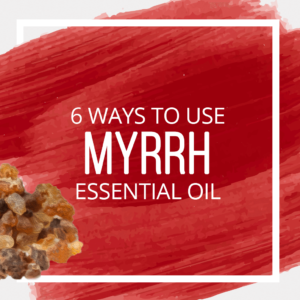Cannabidiol (CBD) is the new kombucha. It is the new wonder cure here to help with everything from stress and anxiety to pain and inflammation. Too often, we think that just because a product is natural that it is risk-free. This is simply not true. There is much to consider when using any natural product, especially when combining natural products with medications. When you use any natural product, including CBD, with a medication, there is a risk for drug interactions.
CBD Metabolism
CBD s a chemical compound from the cannabis plant (Cannabis sativa). Cytochromes CYP2C19 and CYP3A4 metabolize CBD. CBD also inhibits not only these enzymes, but CYP2D6 and PgP as well.
Each of these may lead to drug interactions. Before you dive into the rest of this post, be sure that you understand the Basics of Drug Interactions.

Let’s start with Drug Interactions in the Liver
Medications that May Increase the Risk of CBD Toxicity
Medications that inhibit CYP2C19 or CYP3A4 that may increase CBD activity and increase risk of adverse effects of CBD.
Medicines For:
- Antiplatelet activity (clopidogrel)
- Arrythmias (amiodarone, diltaizem, dronedarone)
- Bacterial Infections (clarithromycin, telithromycin)
- Breast cancer (tamoxifen)
- Depression and anxiety (fluoxetine, fluvoxamine)
- Epilepsy (eslicarbazepene)
- Fungal infections (fluconazole, ketoconazole, miconazole, voriconazole)
- Hepatitis infection (simeprevir, teleprevir,
- HIV Infections (amprenavir, atazanavir, darunavir, delavirdine, ritonavir, saquinavir)
- Heartburn and gastrointestinal reflux (cimetidine, esomeprazole, omeprazole)
- Sleep Disorders (modafanil)
- Tuberculosis (isoniazid)
What are the Adverse Effects of CBD to Look Out For?
Generally, CBD is very well tolerated with minimal side effect profile. But CBD does have some adverse effects. Therefore lookout for signs and symptoms like:
- Somnolence
- Decrease appetite
- Diarrhea
- Malaise
- Fatigue
- Rash
That said, really and truly, the risk of drug interactions causing CBD toxicity is very low. CBD is very well-tolerated in most people.
CBD May Also Increase the Risk of Medication Adverse Effects
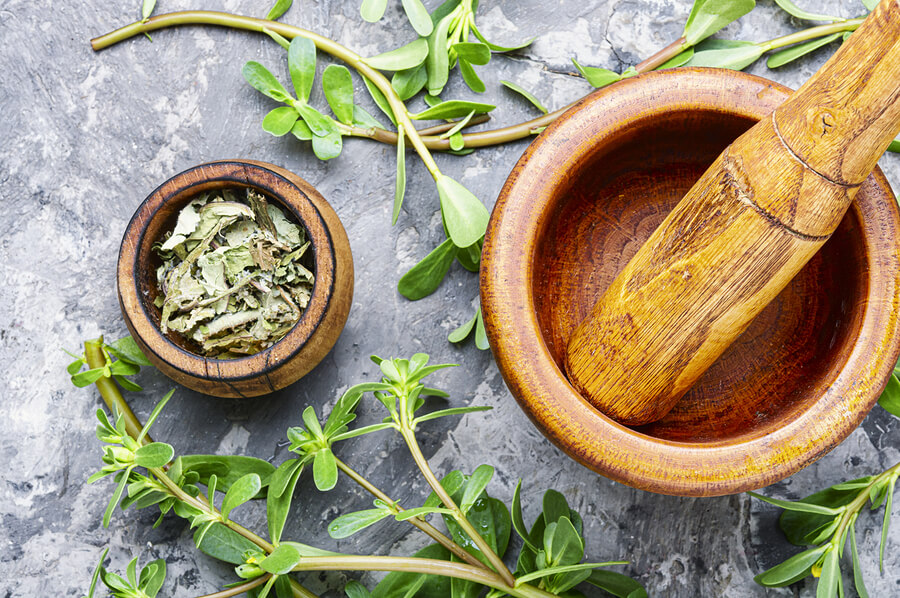
Above, we describe CBD is metabolism by CYP3A4 and CYP2C19. Therefore, drugs that inhibit these enzymes may increase the risk of adverse effects of CBD.
But, CBD inhibits CYP2C19, CYP3A4, and CYP2D6. Therefore, you have to look out for side effects of medicines. As with any medicine, talk to your doctor or pharmacist about the side effects of your medicines.
CBD inhibits CYP2C19, CYP3A4, and CYP2D6, and may also increase medication activity and the risk of adverse medication effects.
List above, plus medicines for:
- Blood pressure (carvedilol, metoprolol, timolol)
- Cough and cold (chlorpheniramine, dextromethorphan)
- Depression (amitriptyline, fluoxetine, fluvoxamine, nortriptyline, paroxetine, protrityline, venlafaxine)
- Nausea (dephenhydramine, palanosetron)
- Pain (codeine, duloxetine, hydrocodone, tramadol)
- Psychosis (halperidol, risperidone)
- Sleep (trazodone)
To Make CBD and Drug Interactions Even More Complicated
CYP2D6 has a special property where it also activates certain drugs. These drugs are called pro-drugs, and they must go through the enzyme in order to have any biological activity.
CBD inhibits CYP2D6, meaning it slows down the activation of pro-drugs into their active form. If you are taking one of these medicines, CBD may decrease medication activity and even decrease the effectiveness of the medicine.
Medicines for:
- Arrhythmias (amiodarone)
- Depression (bupropion, fluoxetine, paroxetine)
- Nausea (diphenhydramine)
- Psychosis (haloperidol, thioridazine)

What about Drug Interactions in the Gut?
PgP Interactions
P-glycoprotein (PgP), is an enzyme that transports foreign molecules out of the blood and into the gut so they can be excreted.
CBD inhibits PgP, which may reduce the excretion of certain medicines. This may increase medicine activity and increase the risk of medicine toxicity.
Medicines for:
- Gout (colchicine)
- Heart conditions (dabigatran, digoxin, diltiazem)
- Pain (morphine)
Well all of this Sounds Scary
There are a lot of unknowns when it comes to the use of CBD. While the information above sounds terrifying, keep in mind that it is almost all theoretical. There is very little reported in the literature about CBD and drug interactions, and by and large CBD is exceedingly safe at reasonable doses.
Bottom Line
This is a very challenging topic. With two-way enzyme inhibition and pro-drug activation, the question “Are there CBD and drug interactions?” is extremely hard to answer.
Often times with natural products, there is no black and white answer to the question of drug interactions. What is known is that you can quickly and easily learn the side effects of your medicines. Simply talk to your pharmacist or health care provider for guidance.
The amount of information about CBD is ever-expanding. To keep up with the most up to date education, . You can start with the CBD Master Course now available!
